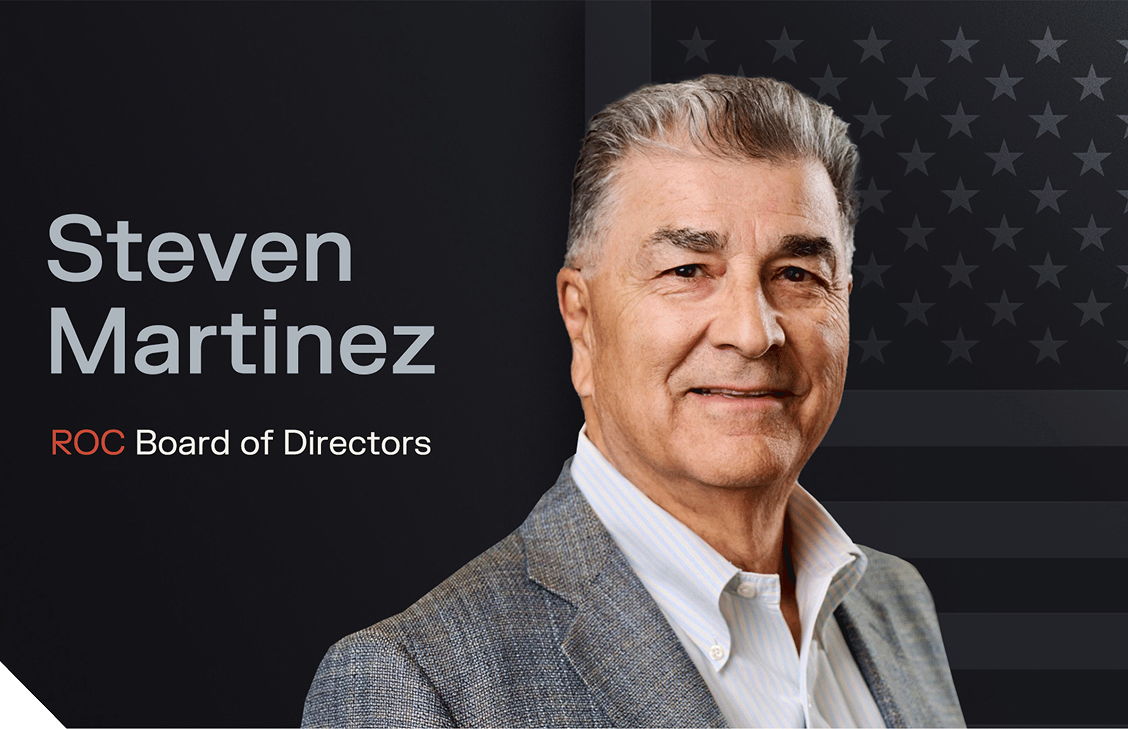A Message From Our CEO
America’s technological edge depends on the sovereignty of its AI. Investing in American-built intelligence isn’t just about innovation—it’s about ensuring our allies, industries, and warfighters can trust the systems that protect them.
This Is Our Moment To Rethink, Rebuild, and Embrace U.S.‑Led AI
In the wake of the September 11th attacks, our nation faced an urgent security challenge: how to screen identities at scale to protect our borders and secure our nation. At that time, U.S. biometric technology had not yet matured, so we turned to foreign companies to power our identity screening ecosystem with AI-driven solutions.
While these decisions were pragmatic in the short term, they created long-term dependencies on foreign AI technologies to safeguard one of our most critical national functions. Today, nearly 25 years later, we find ourselves at a crossroads.
Foreign Dependence Has Made Our Security Infrastructure Vulnerable
U.S.-based companies have made significant advancements in AI and biometric technologies. These homegrown solutions are now highly competitive, offering both cutting-edge performance and the security assurances we need in an increasingly complex geopolitical landscape. Yet, our reliance on foreign AI has led to entrenched dependencies that go far beyond technology.
Many government organizations have found themselves locked into sole-sourcing new contracts to the same foreign providers, bypassing fair and open competition. This perpetuates a cycle of reliance and excludes highly capable—and often significantly cheaper—American alternatives from having a seat at the table.
The result? Not only do we forfeit economic opportunities for U.S. companies, but we also miss the chance to strengthen our national security with domestically anchored technology.
What’s more, continuing to invest in foreign AI solutions inadvertently strengthens the defense and intelligence capabilities of other nations. When we adopt foreign technologies, we aren’t just outsourcing innovation; we’re funding advancements that can ultimately be leveraged by foreign defense organizations, often to the detriment of our own strategic position.
As we enter a new era of AI innovation, the new administration has clear direction from voters to better secure our borders. However, our current infrastructure for screening people reveals both complexity and inefficiency. Across federal organizations, there is significant redundancy, which adds layers of complexity without addressing major gaps that persist in our screening processes. These gaps undermine the effectiveness of our security efforts and highlight the urgent need for a strategic overhaul.
The result? Not only do we forfeit economic opportunities for U.S. companies, but we also miss the chance to strengthen our national security with domestically anchored technology.
Investing in American AI is an Investment in National Security
This is our moment to rethink and rebuild.
By leveraging U.S.-developed AI technologies, we can create smarter, more cohesive systems that streamline efforts, eliminate redundancies, and close critical gaps. It’s time to ensure our strategies for national security are powered by American innovation—not imported solutions that leave us vulnerable.
The question isn’t whether we can afford to invest in American AI — it’s whether we can afford not to.
“ROC is a trusted partner to the U.S. Department of Defense, national security agencies, and enterprise teams that demand biometric solutions built for mission-critical speed, scale, and accuracy. If you’re ready to modernize your biometric systems with a partner that leads with integrity and science, let’s talk.
I look forward to shaping the next decade together.”
Future-ready insights.
Straight from the source.
Subscribe for Vision AI insights, product updates, and stories from the front lines of identity and antelligence.



